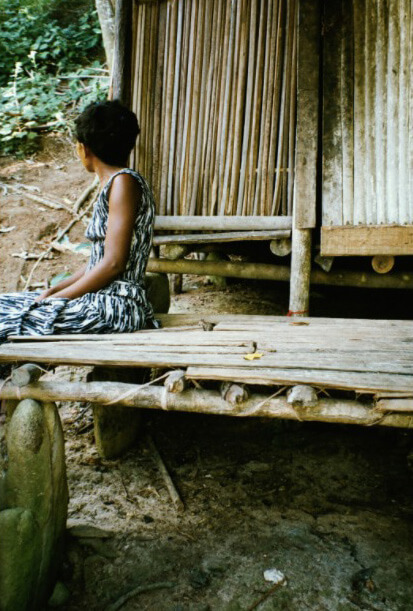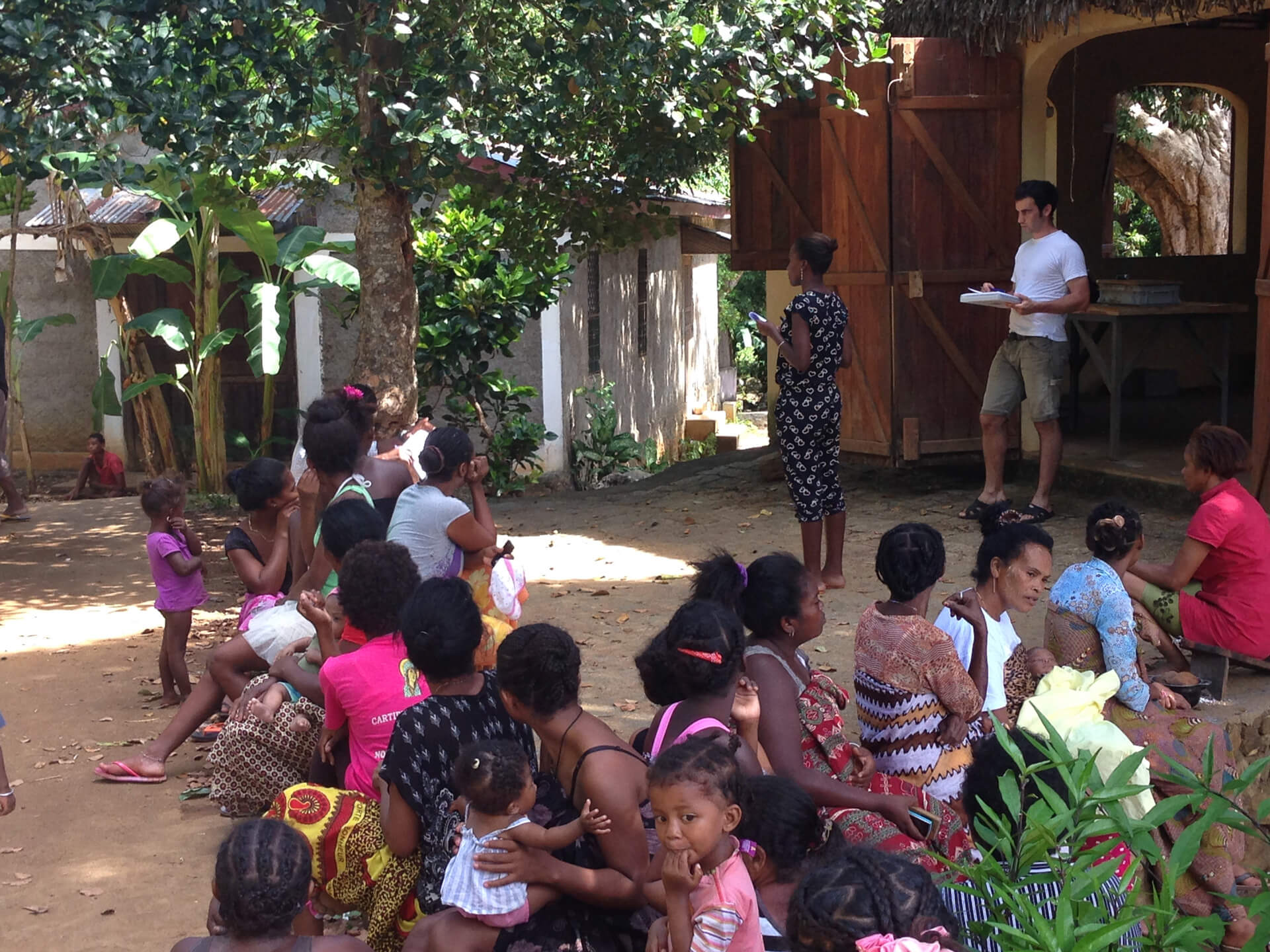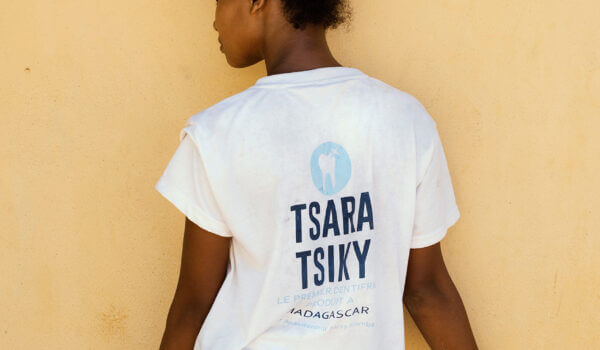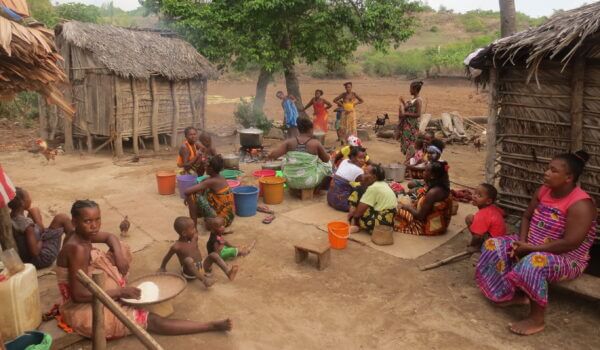H4O for Women's Empowerment
Malagasy families and households are managed and run by women. They are the pillars of the households and they bear the responsibility of daily (unpaid) activities. Yet, Malagasy women remain highly vulnerable to violence and discrimination and often lack the means to emancipate themselves due to time poverty, lack of economic independence and decision-making power.
Help for Optimism works with women and for women. As a matter of fact, H4O in Madagascar is 100% run by trained teams of local women.
The approach is based on sharing knowledge and expertise, ensuring access to resources and creating a gender-inclusive dialogue to train and shape women leaders. The interventions are designed to be gender-responsive infrastructures that reduce exposure to gender-based violence by improving privacy and menstrual hygiene. Moreover, H4O works to reverse gender-based dynamics by providing women with specific training and good wages to be empowered and independent.
This enables women to be safe, economically independent and to obtain a key role in decision-making processes within their communities.











Social enterprises
New jobs to reach economic independence
H4O social enterprises are exclusively led by local women. In fact, after being appropriately trained, girls and women own the expertise that enables them to handle the whole decision making process for the businesses management. Thanks to H4O enterprises, women staff are able to secure good wages that enable them to be empowered and to reach economic independence.
In Madagascar, the local Board of Directors of H4O is exclusively made up of local women who manage strategic and operational tasks within the NGO as well as external and public relations.